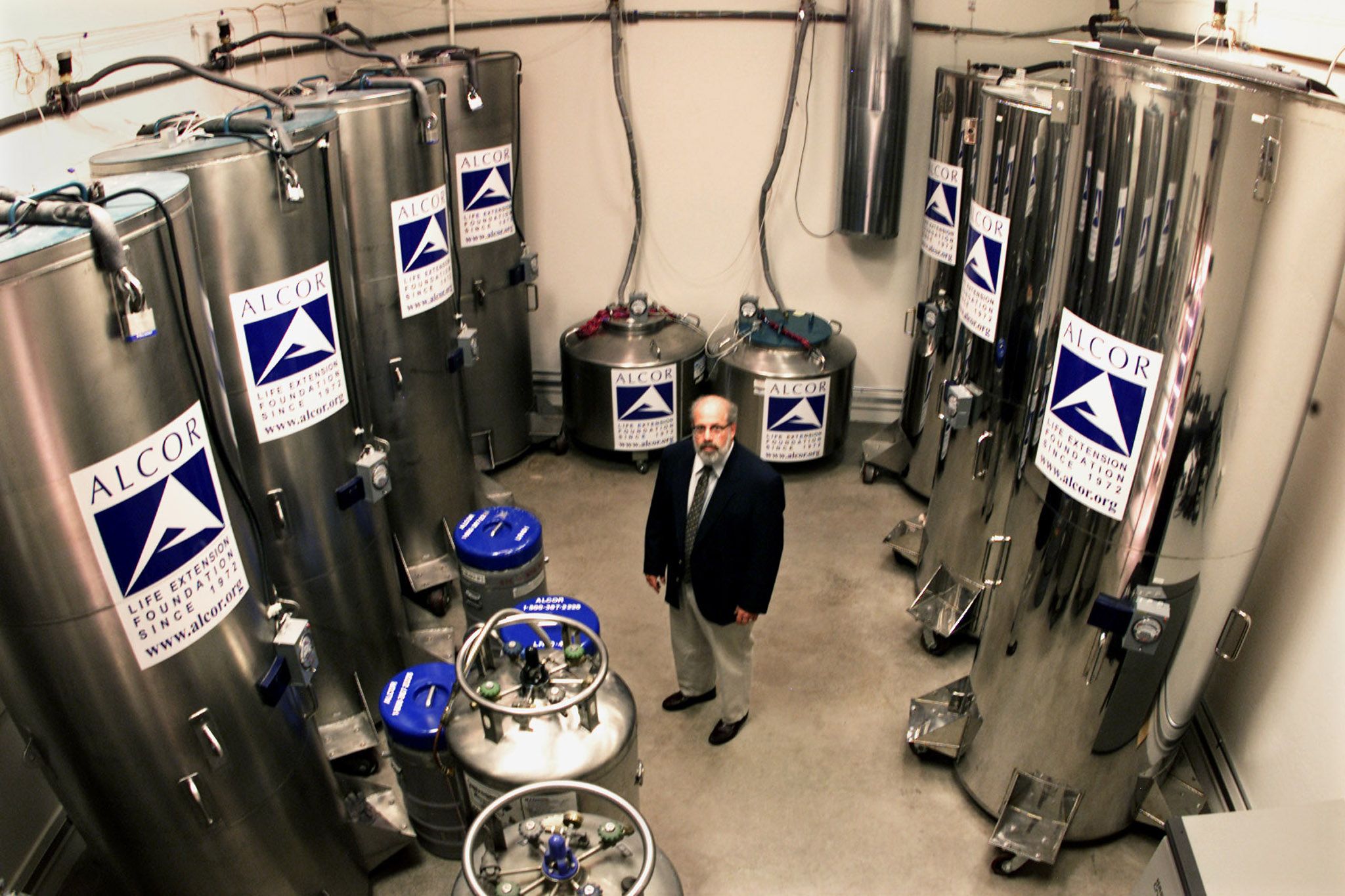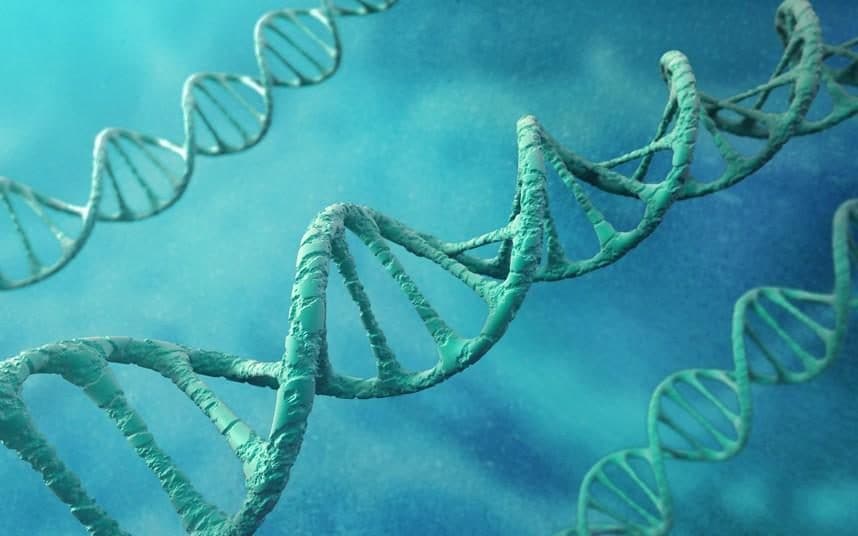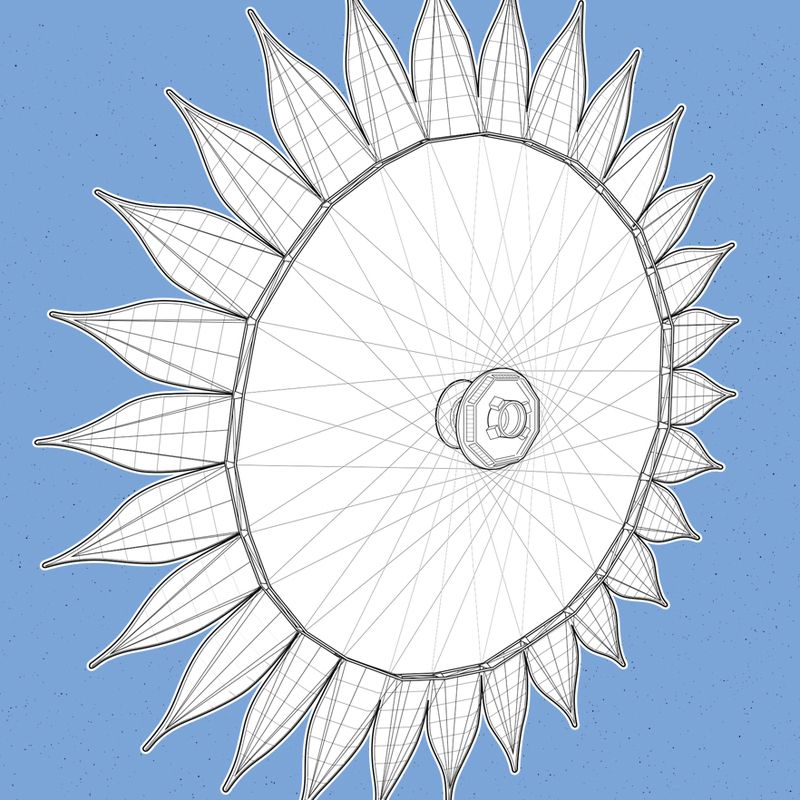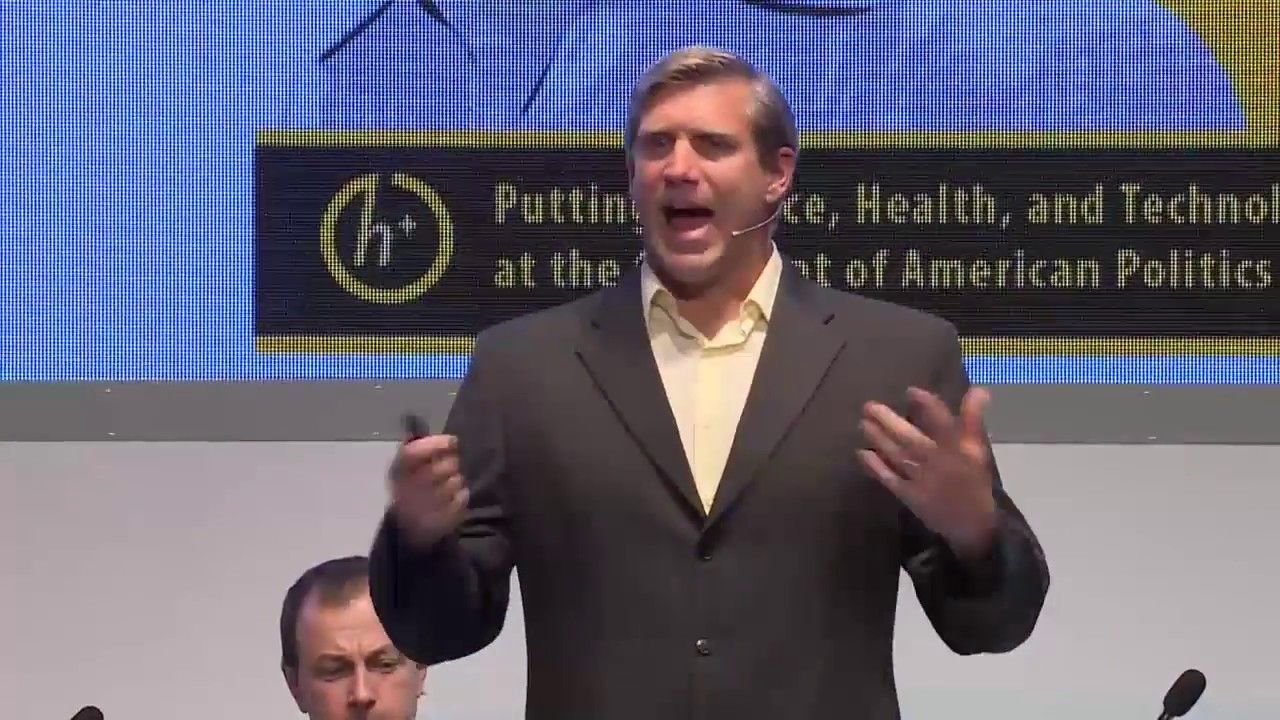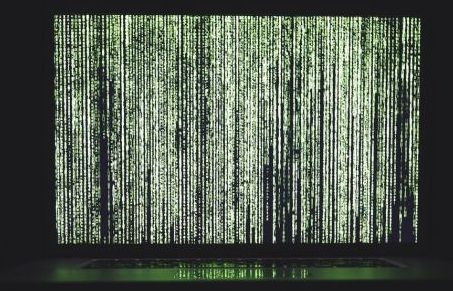
Let’s be honest, we have our fair share of problems on planet Earth: war, floods, disease, poverty, environmental destruction, Justin Bieber (the list goes on and on, really). But we also have a lot of things going for us: the Alcubierre Warp Drive, invisibility cloaks, the Mars rover missions, the discovery of the Higgs (the list goes on and on, really).
How can we weigh all the exciting and inspiring scientific discoveries against all the destruction and chaos? We have an ever expanding list of catastrophes that is coupled with (indeed, that parallels) our unrelenting march towards technological perfection. With such a coupling of unimaginable horrors and magnificent advancements, how can we possibly measure our status as a civilization?
One of the easiest ways to answer this question is to form a scale that will allow us to scientifically measure our technological *abilities* against the technological *possibilities.* Or in layman’s terms, something that will allow us to measure our awesomeness against the total possible awesomeness. Fortunately, there are several ways of conducting such measurements.
Read more
